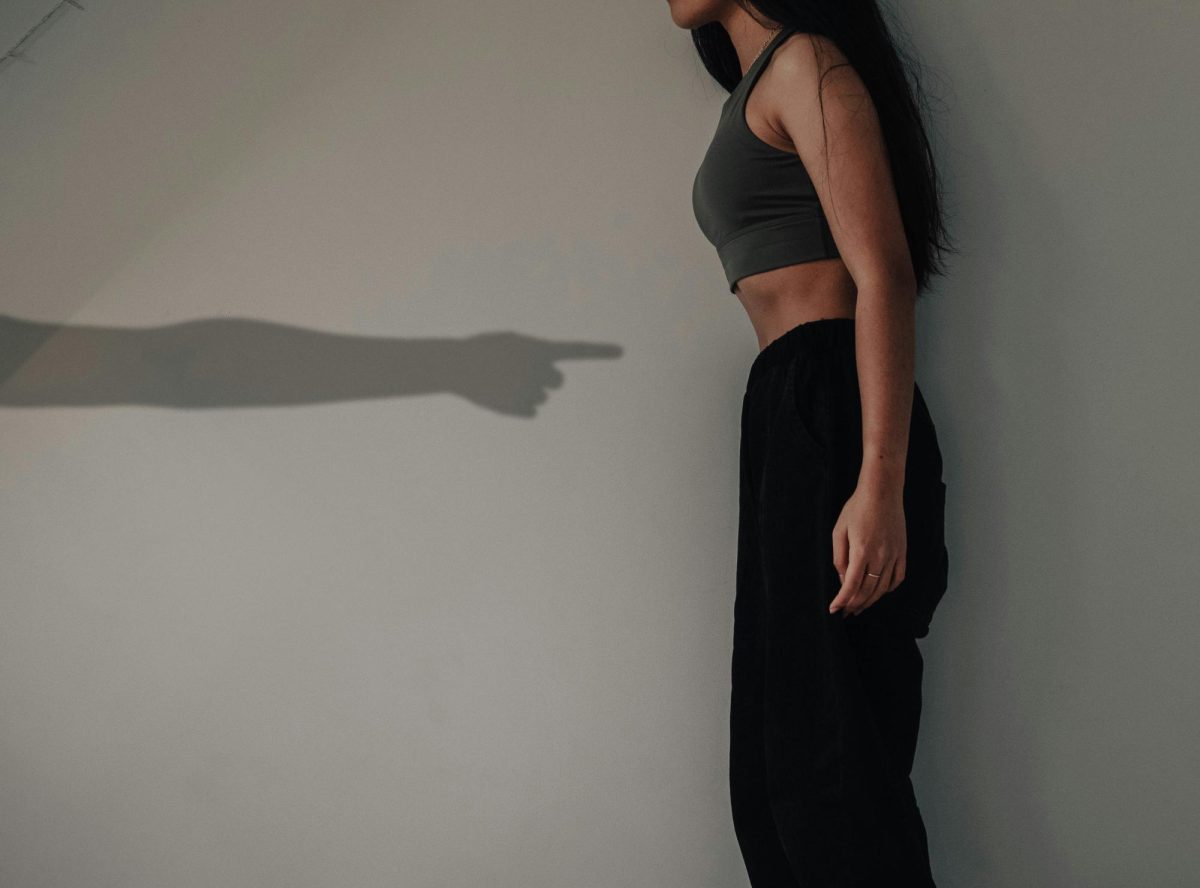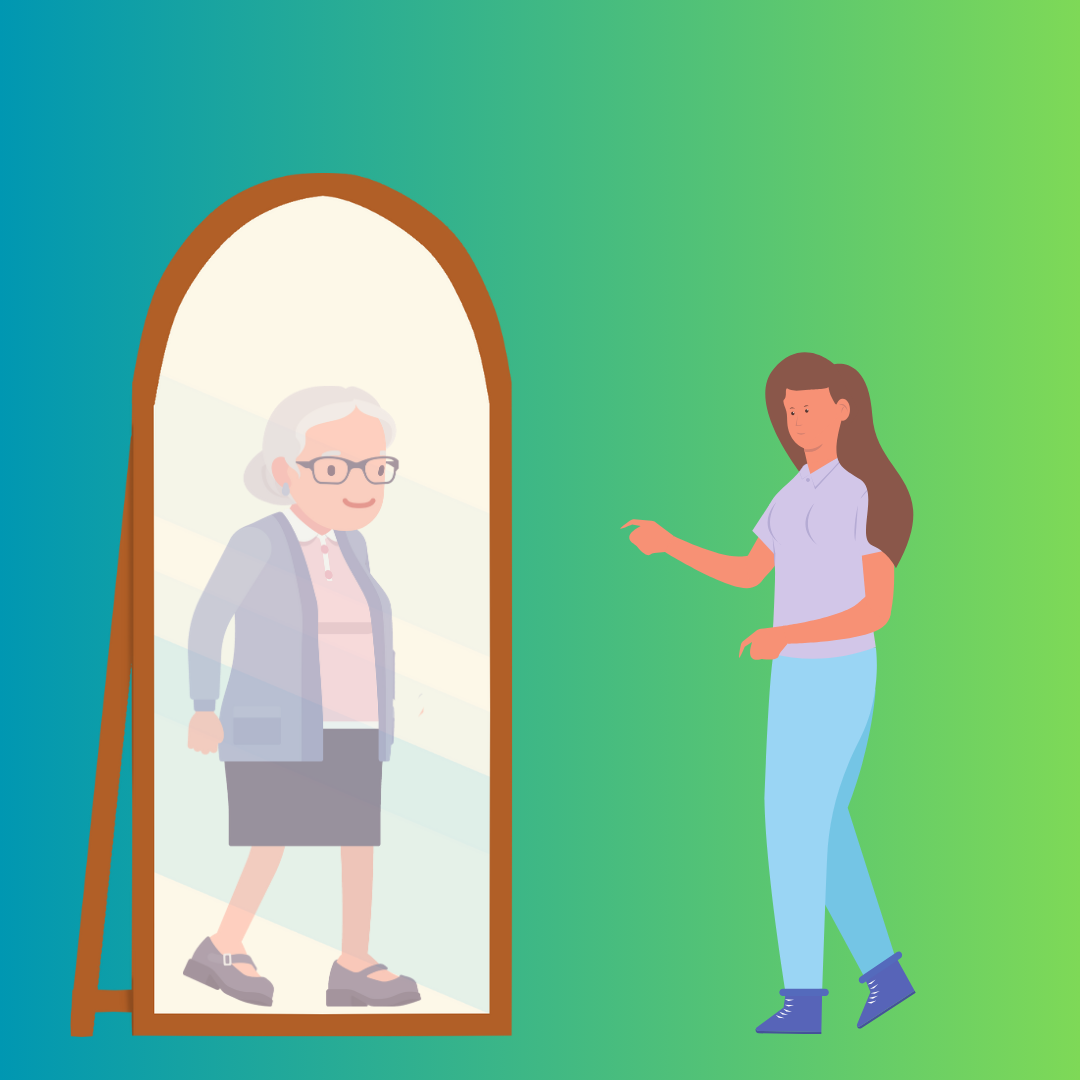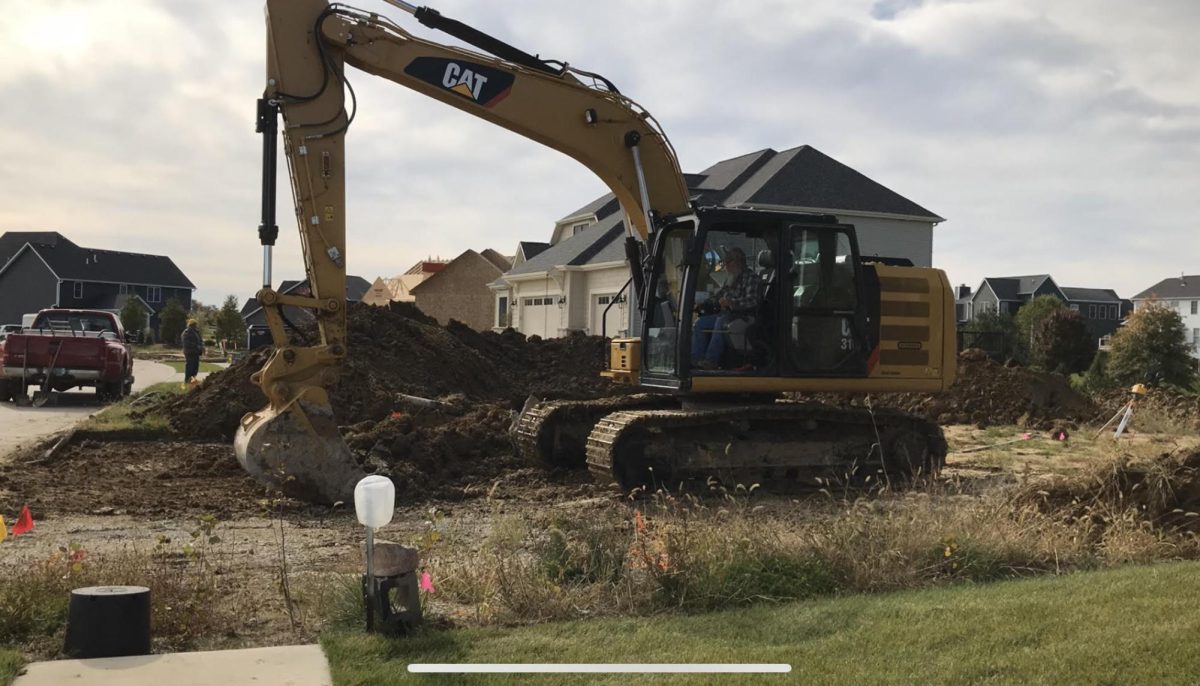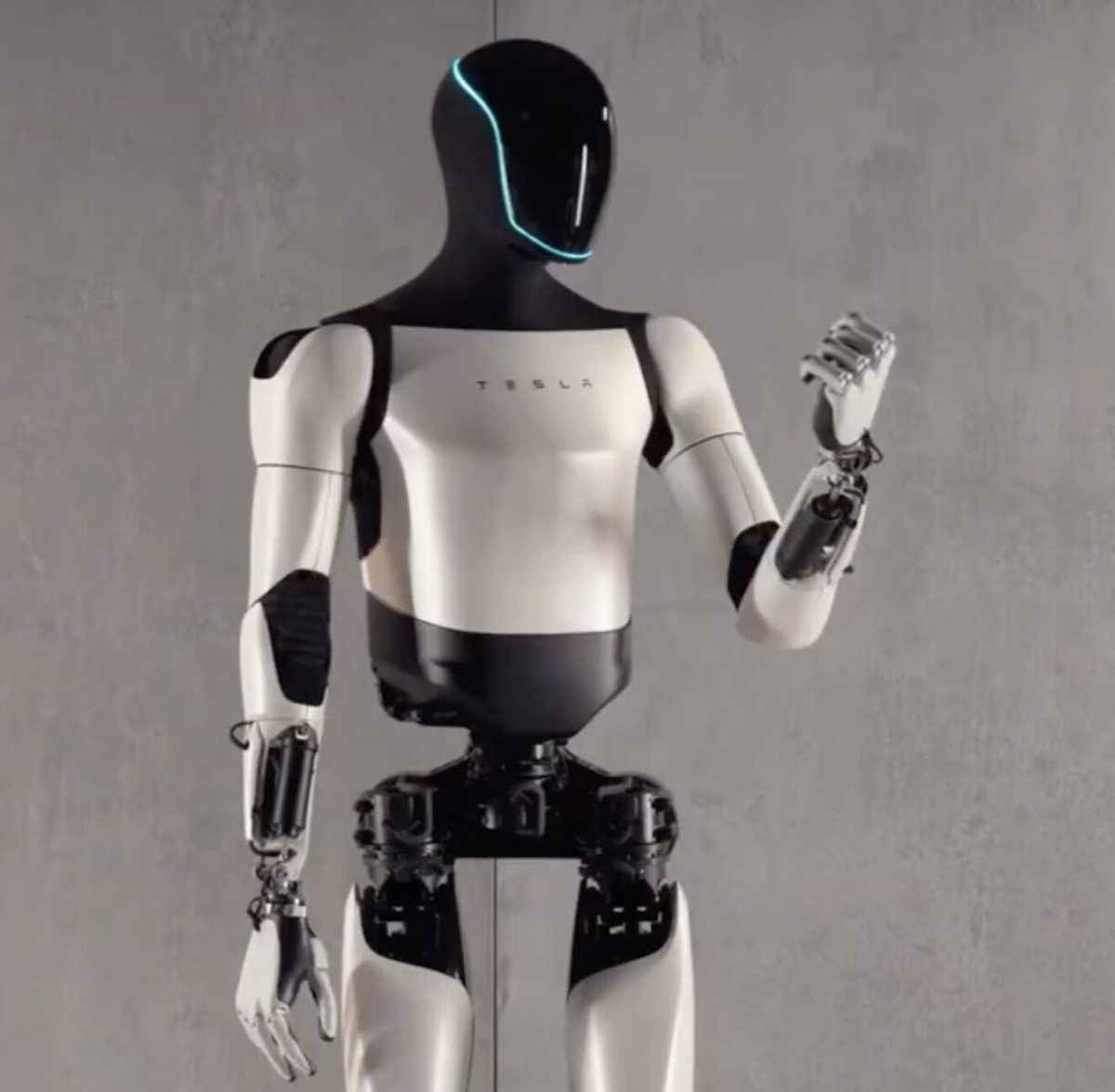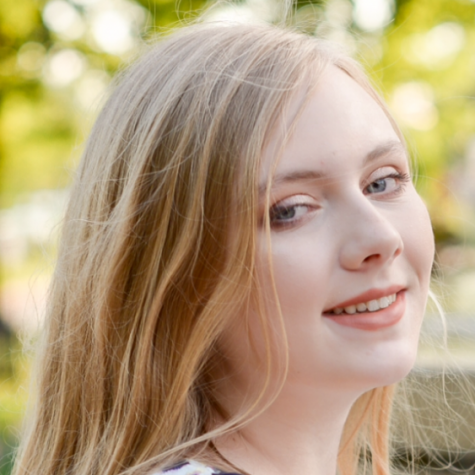It sounds like the beginning of a bad joke: a reality star is our president. Both Kanye West and Dwayne “The Rock” Johnson are flirting with the presidential nomination; “Clueless” actress Cynthia Dash and Cynthia Nixon of “Sex and the City” have just announced their bids for Congress and New York governor, respectively; and just last June, social media tycoon Mark Zuckerberg slipped into an Iowa farmhouse for an everyman’s supper of potatoes and potroast, spurring speculation of presidential hopes. Yet these celebrities are entirely serious about taking the reins of our country. Coast to coast, from both sides of the political aisle, actors, singers, and internet sensations are running for everything from mayor to governor to the highest office in the land – the only question that remains is whether they actually should.
To understand the phenomenon of celebrity politics, it is first necessary to look at its history. Celebrities have run for office as long as the office itself has existed, but it wasn’t until the 80s that they started to gain traction. Former president Ronald Reagan, after all, was once a B-movie star, and Arnold Schwarzenegger, bodybuilder and longtime favorite of action movies, served as governor of California for over eight years. Why, then, do modern celebrities stir up so much controversy when they announce their bids for office? The answer lies in the fact that these celebrities’ political careers bore a marked difference from most of today’s: they had backgrounds in government.
This is not to say that celebrities today are always less qualified than their predecessors – celebrity writer Al Franken, for example, was largely successful politically until his sexual misconduct scandal this year – but their campaigns do tend to depend more heavily on their star power than experience in the political arena. Whereas Reagan’s campaign focused mostly on his outspokenness on conservative issues and his actions as California governor, current president Donald Trump’s relied on his status as business tycoon and reality show host.
As celebrities, political hopefuls are granted a myriad of advantages even without a political background. When Oprah gave her Globes speech urging women to fight inequality, for example, thousands of Internet users pushed her to run for office, and Kanye West’s vague presidential message – “When I talk about the idea of being president, I’m not saying I have any political views” – was pushed to the political forefront in the span of just one interview. In essence, they have the dual advantages of guaranteed publicity and familiarity.
“If they are already in the public eye, they are already present on people’s radar – we feel like we’re friends with them, or a version of them,” says Sharon Coen, professor and expert on media psychology at the University of Salford. “This increases the feelings of likeability, familiarity and trust – which are all key factors that are determinant in the success of a political candidate.”
Still, in today’s tumultuous political climate, some think that it’s doubtful celebrities will gain a true foothold. “I just think that people just don’t want another Donald Trump,” says senior Gabby Smith. “It’s not good if someone with zero experience enters politics.” Like politicians, most celebrities know how to play to the whims of the people and maintain their public presence, but they don’t know how to navigate politics. Politically inexperienced celebrities should stick to the sidelines.




